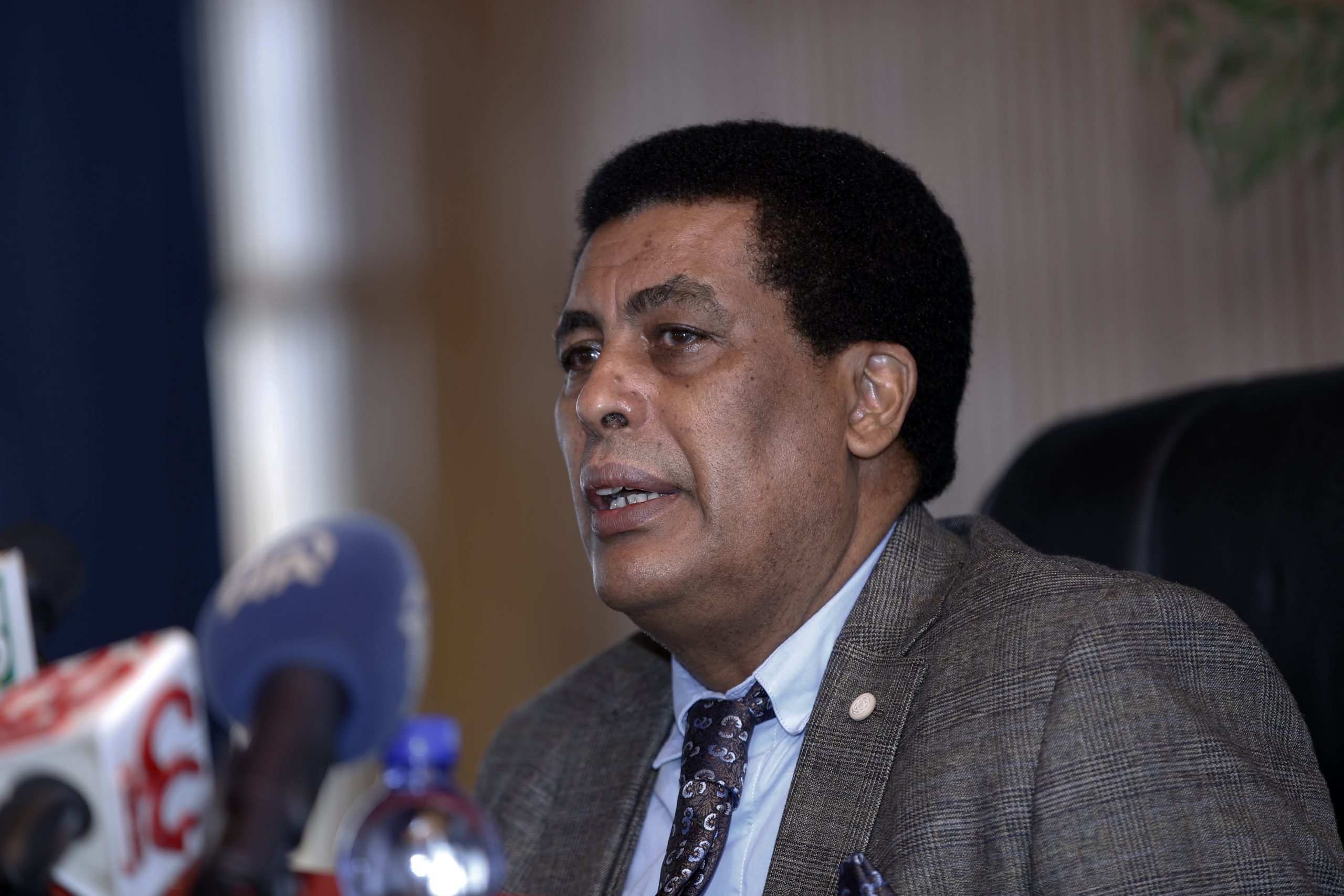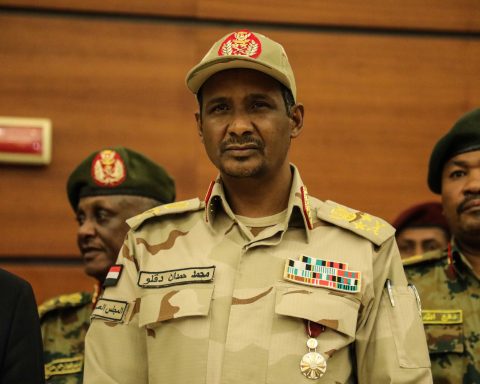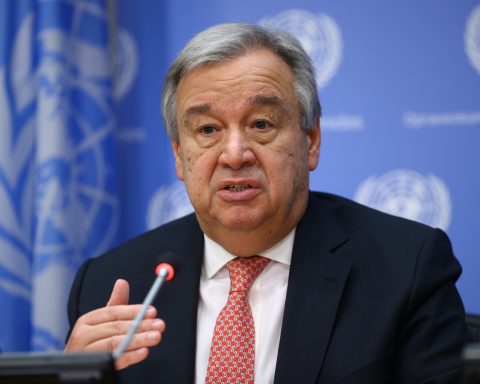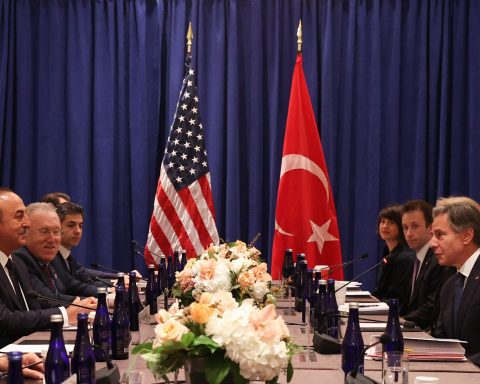The Ethiopian Foreign Ministry has released a statement on Wednesday indicating that the developments in Sudan are followed, as the arrival of the Egyptian army’s air and land troops to Khartoum within the scope of the joint military exercise named “Guardians of the Nile”, between Sudan and Egypt, began as of May 26.
Foreign Ministry spokesman Dina Mufti pointed out in the statement that Sudan and Egypt’s joint forces can do whatever they want, as long as they are far from violating Ethiopia’s sovereignty. In addition, Mufti emphasized that Ethiopia will use its sovereign rights to the end with its strong army. Prior to the statement, it was reported that some units of the Egyptian Armed Forces arrived by sea and that military vehicles and equipment were placed at the Khartoum air base on 21 May. The “Guardians of the Nile” military exercise will be held until May 31.
The rapprochement between Sudan and Egypt reached its present state after the initial filling operation of the Great Ethiopian Renaissance Dam (GERD), which the two downstream states disagree with Ethiopia over its filling and operation.
Egypt and Sudan have had close cooperation in regional developments as well as in political, social and cultural partnerships throughout history. An agreement on the sharing of Nile waters was signed between England and Egypt in 1929, and between Sudan and Egypt in 1959. However, this agreement did not cover the other seven basin countries. In 2000, apart from Sudan’s pressure on Egypt to reallocation waters, together with seven other countries, there wasn’t Nile-specific crisis between the two states.
In the crisis of sharing the waters of the Nile in Sudan, during the period of Omar al-Bashir, he had a moderate attitude towards the theses of Ethiopia and Egypt. However, with the effect of the developments in the new government that was established in the process following the removal of Omar al-Bashir from the administration in April 2019, Sudan’s approach followed a similar approach to the Egyptian theses. The reasons behind this policy change are; the deadlock in the mediation negotiations, the al-Fashaga border problem with Ethiopia, the flooding in the rainy season following Ethiopia’s first filling in the dam in 2020, the transformations in Sudan’s domestic politics and the Egyptian influence in the administration.
However, it can be said that on the basis of the convergence of relations between Egypt and Sudan, both countries have common concerns about the amount of water to be released to downstream countries. As a matter of fact, following the failure of the last round of GERD negotiations, according to the Egyptian-based Al Ahram newspaper, Egypt and Sudan had called for international mediation involving the UN, the African Union, the EU and the United States to reach a legally binding agreement on filling and running the GERD project. However, Ethiopia did not accept this offer. Within the framework of the joint military training and cooperation agreement signed between Sudan and Egypt, “Nile Eagles 1 and 2” training exercises were previously held between the countries’ air forces. The aim of the joint military exercise was seen as preparation for possible threats in the region.
As a result, according to the Sudanese officials while the second phase of the GERD project is started, Egypt and Sudan continue to receive support from the countries of the region. In this context, in the statements made by the official authorities of Saudi Arabia, UAE, Oman, Bahrain and Libya, it is emphasized that the rights of Egypt and Sudan should be observed regarding the fair sharing of Nile waters and this issue is significant importance for the security of the Arab geography. In addition, Egypt, on the one hand, signs separate security cooperation agreements with Ethiopia’s neighbor and countries in the Nile basin, on the other hand, it tries to deter Ethiopia from its decision by conducting military exercises with Sudan. However, according to media report, Ethiopia is determined to fill the dam.














